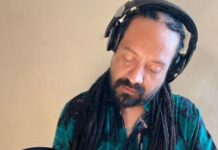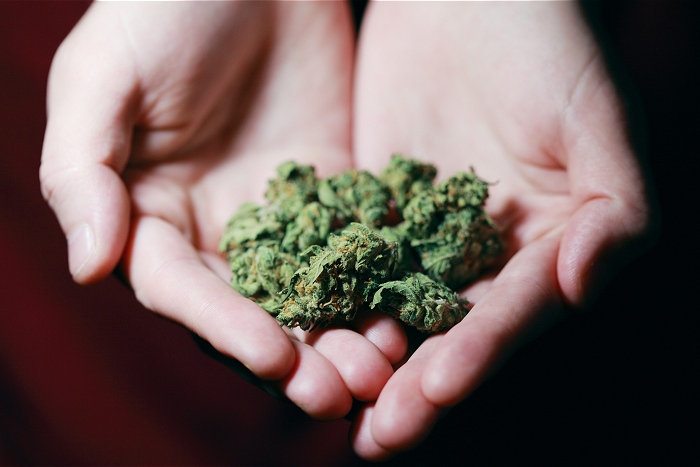An important decision was issued by the Supreme Court this week when it acquitted a man who was sentenced by a Coyhaique court to 5 years and one day in prison for two crimes of marijuana cultivation, in events that occurred in October 2020 and April of 2021.
The highest court accepted an appeal for annulment presented by the cannabis activist and medicinal user Demetrio Jimenez Lopez dismissing the previous conviction and sets a positive precedent for future cases of medicinal growers criminalized by legal proceedings 20.000.
Jiménez was arrested after an anonymous complaint and subsequent search of his home by the PDI where they found marijuana plants and flowers in the process of drying in the year 2021.
In addition, Jiménez was accused of acting in concert with W.G.R.B.. y V.F.L.H., also prosecuted in the case, in whose homes plants were also found.
Although the Public Ministry requested 10 years in prison, Finally, the Oral Court of Coyhaique sentenced Demetrio Jiménez to 5 years and a day effective prison, as well as to the perpetual absolute disqualification for public offices and offices and public rights, in addition to the absolute disqualification for titular professions while the sentence lasts, in addition to the payment of a fine for tax benefit 24 UTM (about 1,5 millions of pesos).
This sentence was handed down despite the fact that the accused presented medical certificates for the use of cannabis and although medicinal cultivation is not punishable by law, the latter even reaffirmed by the recent promulgation of the anti-drug law.
Appeal for nullity
In this context, Jiménez's defense filed the aforementioned appeal for annulment, which posited that “the object of cultivation was not intended for distribution or trafficking, but only for personal consumption, exclusive and close in time to the defendant for undoubtedly medicinal purposes. Ergo, at no time was what the standard seeks to protect being violated. It's more, the same law 20.000 in article 8 it allows private consumption in a closed place”.
further, held that “the conduct contained in the indictment (cannabis cultivation), it is a preparatory act of that private consumption in a closed place, What is the address of my representative?. This act of self-supplying and self-supplying cannabis, as it is a preparatory act for atypical conduct, by logic, should be unpunished too”.
Before this, the highest court decreed in its ruling the acquittal “by not proving that the plant species that the defendant Jiménez López cultivated and harvested without authorization were intended to be marketed to third parties, or that form part of a drug marketing or manufacturing network, it is inappropriate to impose a sanction in accordance with said rule, as requested by the Public Ministry”.
further, raised that “No one can be sentenced for a crime except when the court that judges him acquires, beyond all reasonable doubt, the conviction that really the punishable act object of the accusation has been committed and that in it the defendant has had a guilty participation and punishable by law”.
Likewise, The Supreme Court ordered the aforementioned defendant to return the items that were confiscated at the appropriate time..
This ruling sets an important precedent for similar cases in which many consumers and cannabis users have been convicted of cultivation, without proving traffic or any other illegal matter and opens a door to other eventual nullity appeals.
At the same time, could serve as a guide for the country's courts to avoid convictions of this type and exhausting judicial processes with the consequent use of public resources such as fiscal, courts and judges unnecessarily.
🚨 LAST MINUTE 🚨
— Stgoverde (@Stgoverde_) June 16, 2023
Supreme Court ruling recognizes the right to collective cultivation for medicinal use of cannabis and the prosecution must return the seized species to the defendant (open thread)
Role 99085-2022





















